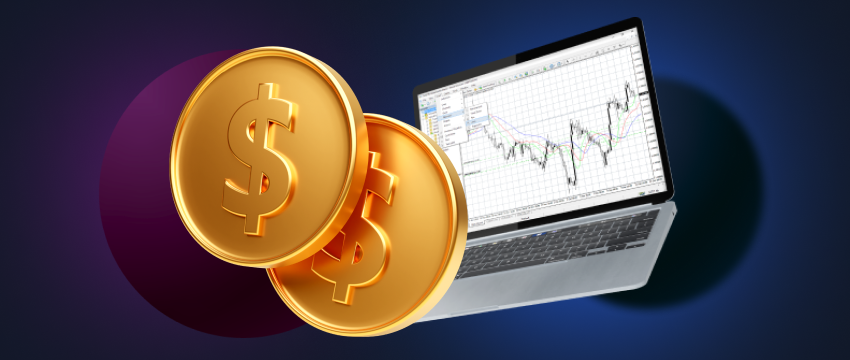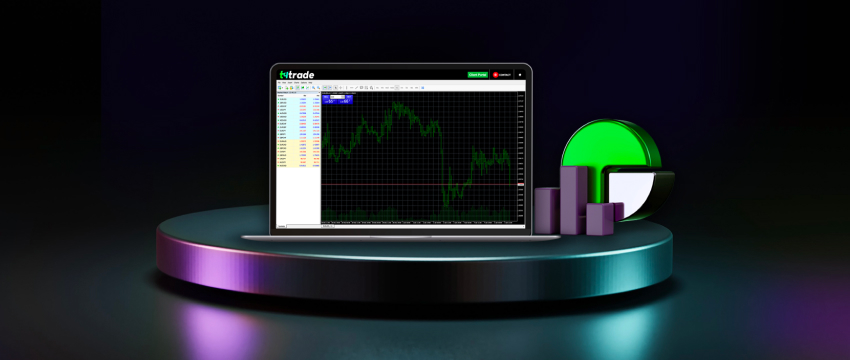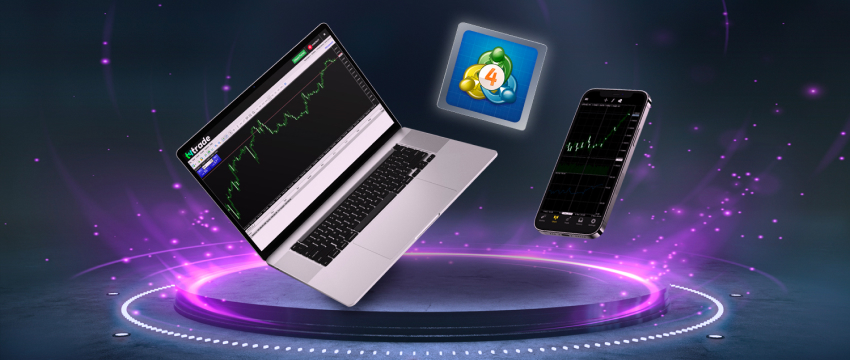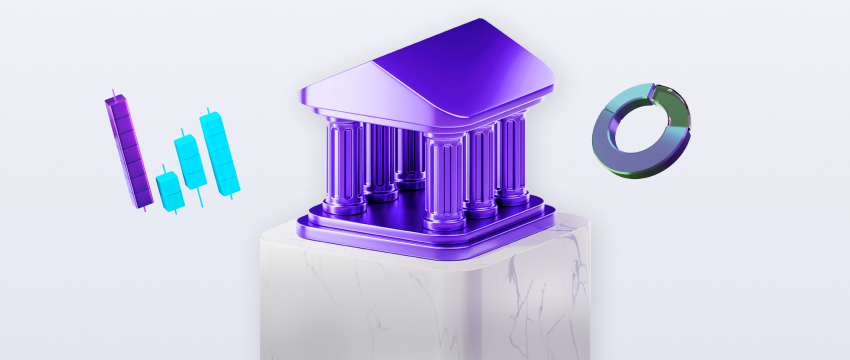Forex is not a currency per se. Instead, forex refers to foreign exchange which is essentially a transaction of changing one currency for another. The forex market is a global financial market that facilitates currency trading. Forex traders typically seek to make a profit by speculating on the currency prices.
Some interesting facts
The forex market is renowned for its size and the volume of trades it sees every day. In fact, as of April 2022, the market processed over US$7.5 trillion worth of daily trades!
I mean, what?! And if you consider that the New York Stock Exchange sees an average daily trading volume of US$2 billion, well, it kind of puts things into mammoth perspective.
Financial institutions, banks, and hedge funds execute the vast majority of forex trades. They use the forex market to hedge against currency risk and to make speculative profits. Retail traders account for a smaller share of the market, but their participation has grown in recent years.
So when are the best times of the day to trade? Well, the forex market is pretty much broken up into 4 major trading sessions. These are the New York session, the London session, the Tokyo session, and the Sydney session. Peak trading is said to occur in 3 trading periods, also known as the forex 3-session system.
These are the Asian, North American, and European sessions. Overlaps do occur (and are the busiest times to trade), as do changes in opening or closing times. This depends on time zones and daylight savings times.
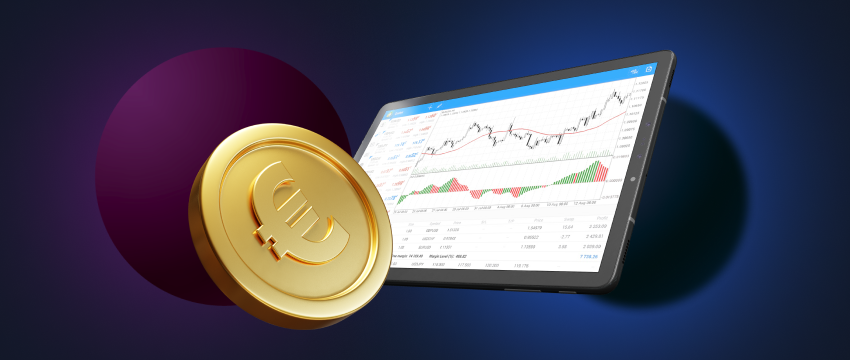
What are the most commonly traded forex currency pairs?
There are said to be 180 currencies traded in the forex market. The most common currency pair includes either the US or the Euro. Other popular pairs include the Japanese Yen, the Australian dollar, the Swiss franc, the Chinese Yuan, the Canadian dollar, and the British pound.
Currencies are always traded in pairs because when a trader buys or sells one, he’s automatically purchasing or selling another. Currency pairs are comprised of a base currency (always given first – on the left) and a quote currency (given second – on the right).
Currency pairs are also typically grouped into three categories, the majors, the exotics, and the crosses. While all major currency pairs contain the US$, cross-currency pairs do not. Exotic currency pairs normally include one major currency and a currency from one of the world’s emerging markets.
The 7 major currency pairs always include the US$, are traded the most frequently, and incur the most price movements. This ensures high liquidity (level of activity) and increased trading opportunities. They are EUR/USD, GPB/USD, USD/CAD, NZD/USD, USD/JPY, USD/CHF, and AUD/USD.
Cross-currency pairs include any two of the world’s major currencies except the US$. The most actively traded cross-currency pairs include the EUR, GPB, and JPY. Examples include EUR/SEK, EUR/JPY, CAD/JPY, GBP/CHF, NZD/CAD, etc.
As we’ve mentioned, exotic currency pairs include a major currency alongside a currency from an emerging market. Some of these are USD/BRL, USD/MXN, USD/ZAR, USD/SAR, and others.

What are the bid and ask prices in forex trading?
The price a trader is willing to sell a currency pair for is referred to as the bid price. Adversely, the price a trader will purchase a currency pair for is known as the asking price. These prices are typically quoted in real-time and constantly fluctuate. The difference between the bid and the asking price is called the spread. It is payable on entering or exiting a trade.
What are pips in forex trading?
In forex trading, a pip is essentially a unit of measurement. It represents the change of value between two currencies and is usually the last decimal place of a price quote. Most currency pairs go up to 4 decimal places, e.g., USD/EUR is 0,0001. For pairs that include the Japanese Yen, they go out to two decimal places, e.g., USD/JPY is 0,001. Understanding pips is extremely important for traders as it enables them to quantify possible losses or gains and to better manage leverage.
The importance of knowing how to handle leverage
Aaaaah, leverage, is a beloved tool used by traders to manage larger positions but full of risk, with the possibility of losing all your capital. Simply put, leverage is the use of borrowed funds to trade larger positions in a currency. The term ‘trading on margin’ refers to trading with borrowed funds, i.e., leverage. It is very common in forex trading but can magnify a trader’s losses considerably. The purpose of leverage is for a trader to try and maximize return on investment. Traders typically tailor their positions based on the volume of leverage they are given. Brokers may limit the amount of leverage they loan to a trader based on the individual’s level of expertise.
The forex market is highly volatile and the possibility of prices moving in the opposite direction of what you anticipated is very high. If this were to happen, leverage would expose you to substantial capital losses. This makes putting proper measures in place incredibly vital to mitigate potential losses.
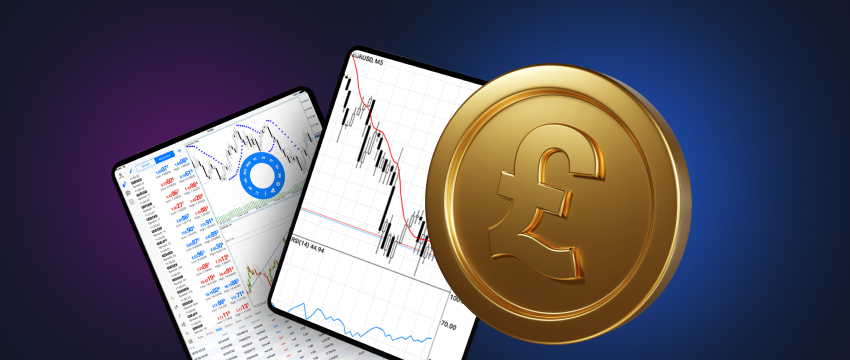
Learning more about how to trade forex
If you’re only now venturing into the world of forex trading, having a proper understanding of how it works is essential. The forex market can be complex, and knowing how to navigate it comes down to education and practice. This is an ongoing process, one that is required of all traders, irrespective of skill experience due to new trends and advancements. Learning can take on many different forms. This includes blogs, podcasts, webinars, videos, seminars, courses, community forums, and more. Many of these resources are available online, and are often free to access, accommodating traders with limited budgets.
In addition, most global brokers provide educational material covering a wide scope of trading-related topics. For example, T4Trade has its own Academy which is an incredible source of forex trading tips, insights, ideas, and strategies. In addition to those resources listed above, T4Trade’s Academy also offers Live TV commentary and a real-time Economic Calendar so that traders can keep abreast of current news and events.
As far as practicing trading is concerned, signing up for a demo trading account is extremely helpful. Particularly if you are new to trading, a demo account will help you learn how to trade without putting your own money at risk. It typically offers a simulated trading environment so you can experience what trading live would look like. It gives you the ability to test different trading strategies using virtual money, after which you can assess outcomes. The demo trading account will also assist you in learning how to use technical analysis, read charts, analyze trends, etc. Once you’ve built up enough experience, knowledge, skills, and confidence, you could then consider moving to trading live.
Trading forex with T4Trade
T4Trade provides its traders with a flexible and secure trading environment, where they can enjoy competitive spreads, flexible leverage, and fast withdrawals and deposits. Traders can trade more than 300 instruments across 6 asset classes, such as stocks, futures, indices, forex, metals, and commodities. T4Trade also has multiple accounts for traders to choose from. These accounts cater to the different needs of global traders, enabling you to pick one that best fits your goals and where you are in your CFD trading journey. Their high-quality 24/5 multilingual customer support team is also available to provide assistance via telephone, email, or Live Chat.
Disclaimer: This material is for general informational & educational purposes only and should not be considered investment advice or an investment recommendation. T4Trade is not responsible for any data provided by third parties referenced or hyperlinked, in this communication.
